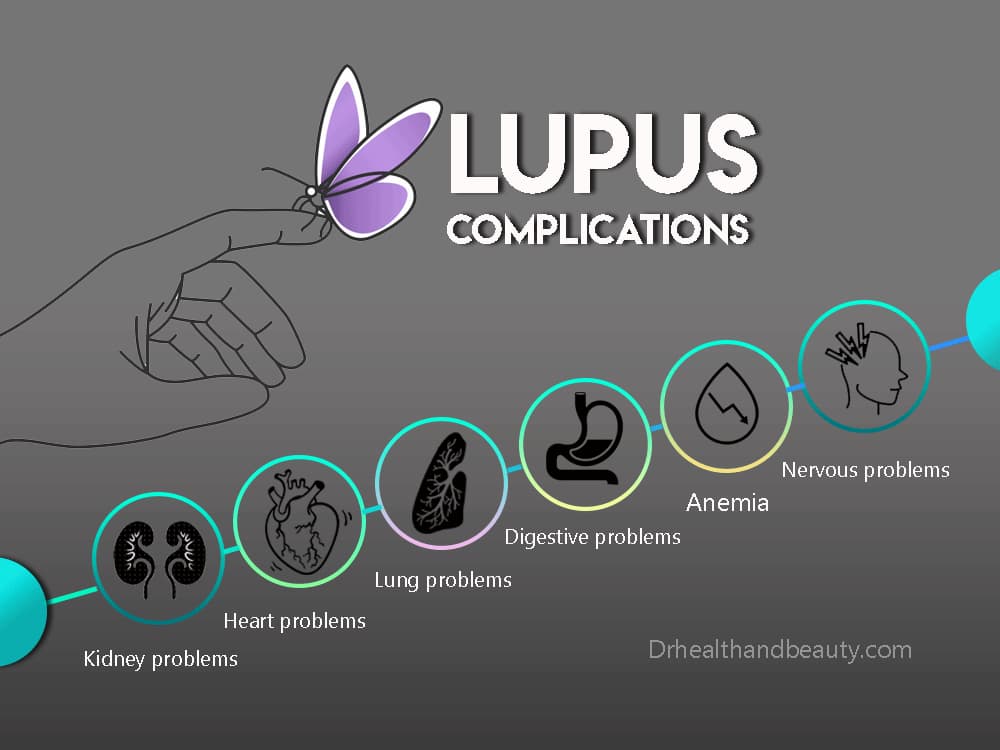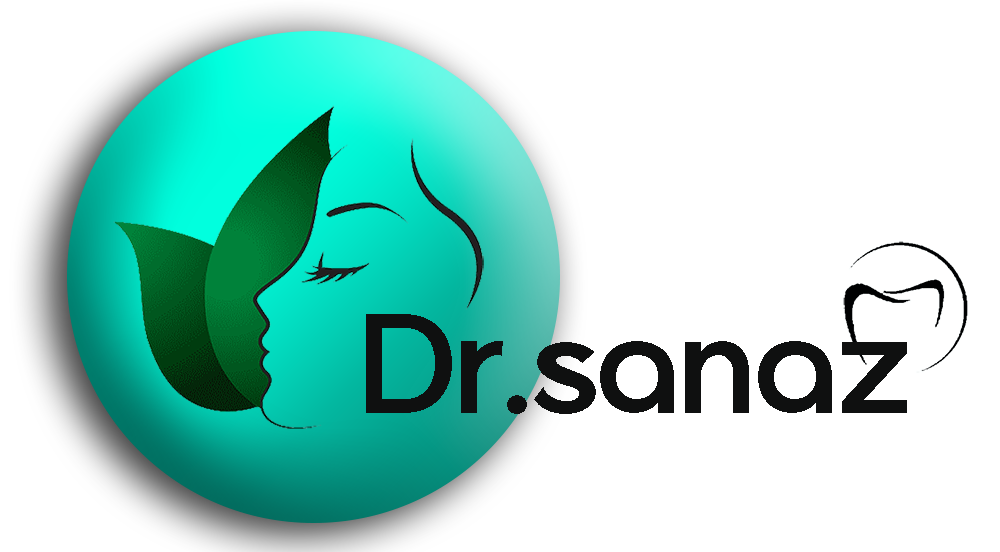

Types Of Lopus/ Key Differences to Know
Table of Contents
Lupus is a challenging disease for doctors. It is a chronic autoimmune disease that causes inflammation throughout your body in various type. Autoimmune disease occurs when your immune system is responsible for inflammation and the breakdown of its own cells. (that is, the body hurts itself).
Basically, the body’s immune system is responsible for destroying microbes and cells that may turn into cancer.
Autoimmune diseases are characterized by the mistake of the immune system in attacking the healthy tissues of the body.
The inflammation caused by Lupus severely affects different tissues and organs of the body., including the following:
- joints
- Skin
- Heart
- Blood
- lung
- the brain
- kidneys
Related: “What Are The First Signs Of Kidney Stone? The Hidden Danger“
This disease can be severe and potentially life-threatening. This disorder can cause permanent damage to body parts.
However, many people with Lupus experience a mild version of it. Although currently, there is no known cure for Lupus; treatments are used to control the disease and reduce its severity.
Related: “Is There Any Non-Surgical Treatment For A Brain Aneurysm?“

What are the types of Lupus?
Systemic lupus erythematosus
Systemic lupus erythematosus (SLE) is the most known and common type of Lupus. Systemic lupus erythematosus gets its name from the fact that it typically affects several different systems in your body, including:
- kidneys
- Skin
- joints
- Heart
- nervous system
- lungs
.
This type of Lupus can vary from mild to severe. This disease causes symptoms that may worsen over time and then improve.
Times when your symptoms get worse are called flares, while periods, when they improve or go away, are called remissions.
Related: “How Do You Know If Pneumonia Is Viral Or Bacterial?“

Cutaneous Lupus
This type of Lupus usually occurs on the skin. It may lead to rashes and permanent lesions with ulcers. There are several types of cutaneous Lupus, including:
- Acute cutaneous Lupus: This type causes “butterfly rash”. It is a red rash that appears on the cheeks and nose.
- Subacute Lupus: This type of cutaneous Lupus causes a rash that is red, inflamed, and scaly. It is often in sun-exposed areas and does not usually lead to ulcers.
- Chronic cutaneous Lupus: This type is accompanied by a purple or red rash. It can also cause discoloration, scarring, and hair loss.
.
Related: “Skin Blemishes To Worry About/ Comprehensive Guide“

lupus discoid.
While acute cutaneous Lupus is often associated with systemic lupus disease, subacute and chronic Lupus usually occurs only on the skin.

Neonatal Lupus
This disorder is very rare and occurs in babies whose mothers have specific autoimmune antibodies. These autoimmune antibodies are transferred from mother to fetus across the placenta.
Not all mothers with these antibodies have symptoms of Lupus! In fact, about 25 percent of mothers who give birth to a baby with Lupus have no symptoms of Lupus. However, it is estimated that 50% of these mothers will show symptoms within three years.
Symptoms of this disease may include the following:
- Skin rash
- Low blood cell count
- Liver problems after birth
.
Related: “Trimesters Of Pregnancy / Comprehensive Guide To The Stage Of Pregnancy“
While some babies may have heart defects, most have symptoms that go away after a few months.
However, antibodies (SSA/B) can cross the placenta and cause heart problems.
Mothers with these antibodies should be closely followed during pregnancy by specialists, including rheumatologists and obstetricians.
Drug-induced Lupus
The use of certain prescription drugs can lead to drug-induced Lupus (DIL). This disorder may also be known as drug-induced lupus erythematosus (DILE).
Drug-induced Lupus can be caused by long-term use of certain prescription drugs.
There are many medications that can cause drug-induced Lupus. Some examples are:
• Antimicrobials: such as terbinafine (antifungal) and pyrazinamide (tuberculosis drug)
• Anticonvulsants: such as phenytoin (Dilantin) and valproate
• Arrhythmia drugs, such as quinidine and procainamide
• High blood pressure medications: such as timolol (Thymoptic, Istlol) and hydroxyzine
• biologic
While drug-induced Lupus mimics the symptoms of systemic Lupus, in most cases, the disease does not usually affect the major organs.
However, it can cause pericarditis and pleurisy. Drug-induced Lupus usually disappears within a few weeks of stopping the consumption of that drug.

Causes of Lupus
Lupus occurs when the body’s immune system mistakenly attacks healthy body tissues. Lupus appears to be caused by a combination of genetic and environmental factors.
People who have a hereditary background of lupus disease may get this disease in contact with environmental causes of Lupus. However, in many cases, the cause of the disease is unknown.
Some of the potential triggers for causing the disease include:
- Sunlight
- Exposure to the sun may cause skin lesions or cause an internal reaction in susceptible individuals.
- medicines
Lupus disease can be caused by certain types of anticonvulsant drugs, blood pressure drugs, and antibiotics.
People whose lupus disease is caused by drug use usually stop taking that type of drug, and their lupus symptoms also disappear.
.

Common problems in Lupus
1- Kidney problems
About three-quarters of lupus patients have kidney problems. This problem has no obvious symptoms. Some people notice swelling of their feet or ankles. Some people notice kidney problems when blood or abnormal protein appears in a urine test.
Related: “What Is A Stent For Kidney Stones? Painless Removal“
2- Heart problems
Swelling around the heart is seen in patients with Lupus. This problem causes pain in the left side of the chest. Some people suffer from blood clots and heart valve diseases.
3- Lung problems
The lung tissue becomes swollen and causes difficulty breathing or chest pain.
Sometimes, Lupus causes chest pain that is not related to the heart or lungs. This pain occurs as a result of swelling of the chest muscles or rib joints.
4- Digestive problems
Lupus usually does not cause digestive problems. However, some people experience heartburn, vomiting, difficulty swallowing, and swelling of the pancreas or liver. These symptoms are caused by Lupus or its treatment drugs.
5- Anemia
Lupus and its treatment drugs cause anemia. There are few red blood cells in the blood, and they are destroyed quickly. Symptoms of anemia include fatigue, heart palpitations, and shortness of breath.
6- Nervous problems
Headache is a common problem in these patients. Memory problems are less common. Some patients with Lupus have strokes and seizures.
7- mental health
Patients may become depressed and angry.
Related: “Sertraline, Unlocking The Mysteries/ Benefits vs Risks“

Is Lupus contagious?
Lupus is not a contagious disease. Contagious means the transmission of a disease from one person to another. Examples of contagious diseases include things like the flu and the common cold.
What exactly causes Lupus is quite complex. Rather than “getting lupus from someone else,” Lupus is believed to be caused by a combination of factors. Including things like:
- Your environment
- Hormones
- Genetics
Therefore, although some people with a family history of Lupus are more at risk of contracting it, they do not catch the disease from another person. In fact, you may have a family history of Lupus and never get it!
Conclusion
Lupus is a disease caused by a mistake of the immune system, which you must have full knowledge about beforehand. By knowing its types and its causes, prevention can be seriously followed.
But you should know that if you are also suffering from lupus disease or people from your family are involved in this disease, they should be under strict care Because Lupus has no known cure, and only special care can prevent the progression of this disease.

